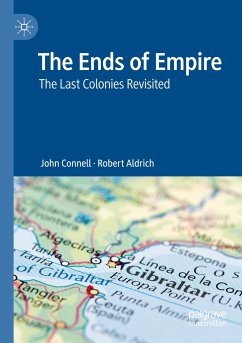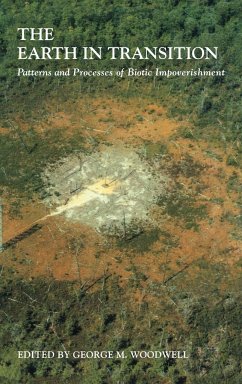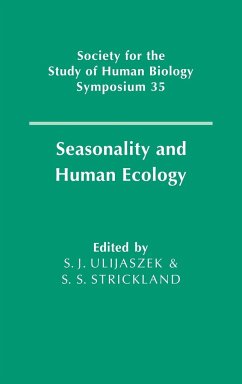
The Ends of the Earth
Perspectives on Modern Environmental History
Herausgeber: Worster, Donald; Crosby, Alfred W.
Versandkostenfrei!
Versandfertig in 1-2 Wochen
101,99 €
inkl. MwSt.

PAYBACK Punkte
51 °P sammeln!
Since 1492, when Columbus 'discovered' America, the world has been moving toward an increasingly integrated global economy, higher population levels and consequently greater resource demands, and an increasingly precarious state of the biosphere. These developments play a major part in both modern history and in daily life. Understanding their interrelationships and development is crucial to the future of humanity and of the Earth, and is the unifying theme of this collection of readings.














